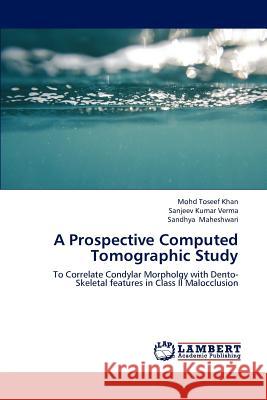A Prospective Computed Tomographic Study » książka
A Prospective Computed Tomographic Study
ISBN-13: 9783659204210 / Angielski / Miękka / 2012 / 84 str.
Relationship between dental malocclusion and TMD has been discussed in dentistry for over half a century. Orthodontists have been on receiving end of critics as they were blamed for changing the existing occlusal environment, affecting the TMJ. In light of present research orthodontist can take solace in the fact that these and other dental misfortunes donot necessarily find their etiology in Orthodontic treatment. The orthodontists concern with the TMJ is generally at a time of life when the patient is still young and ordinarily not subject to disease processes which may later affect it and other joints as well. With the increased interest in clinical significance of condyle fossa relationship of TMJ, the relationship between condylar ,morphology and various malocclusions has been examined. Previous investigations of condylar shape have demonstrated correlations between osseous changes and Angle Class of Malocclusions and facial morphology. class II malocclusion being major load of orthodontic practice has been chosen as study group. This study showed that superior joint space is the most significantly correlated condylar characteristics to facial morphology.











